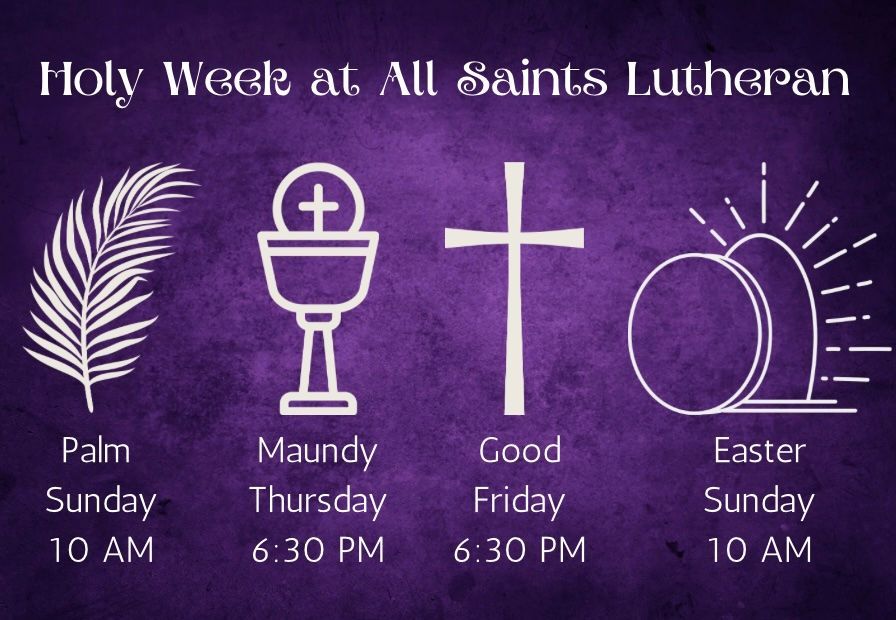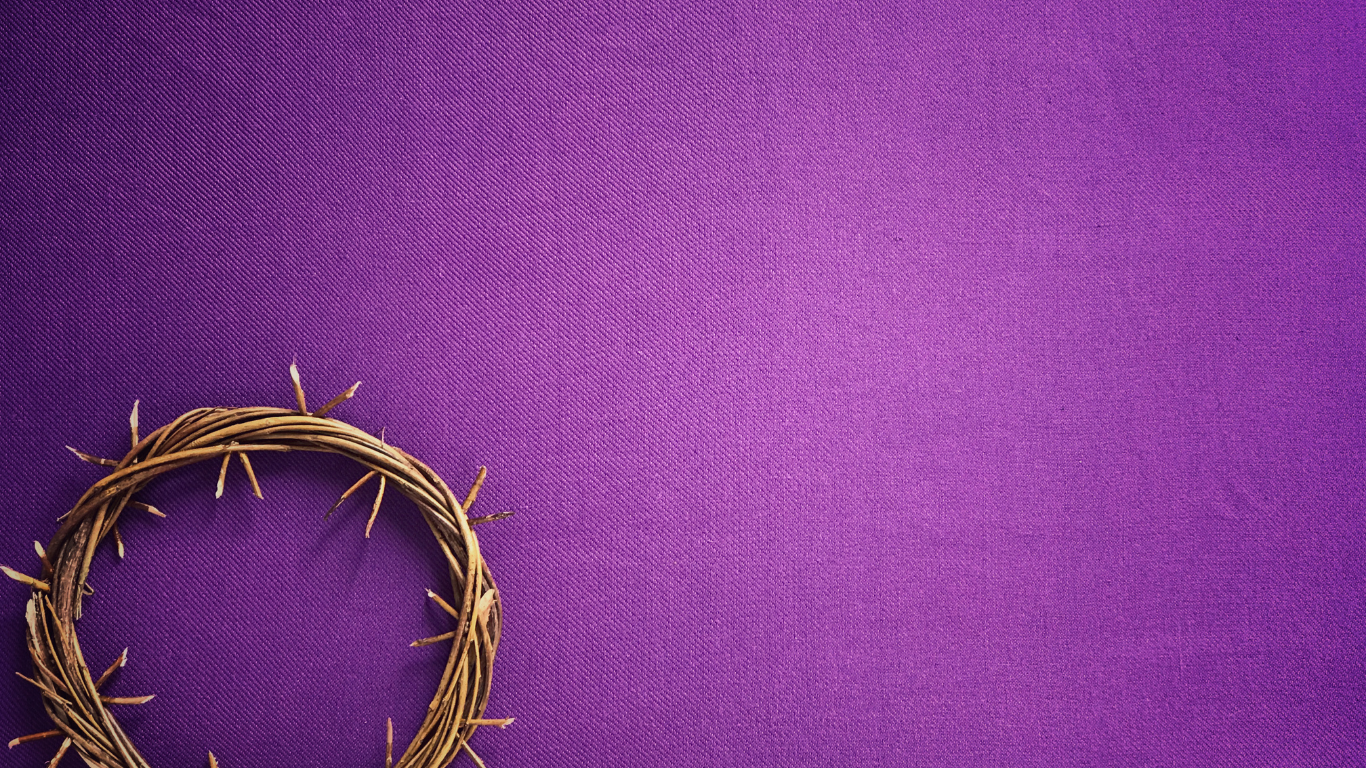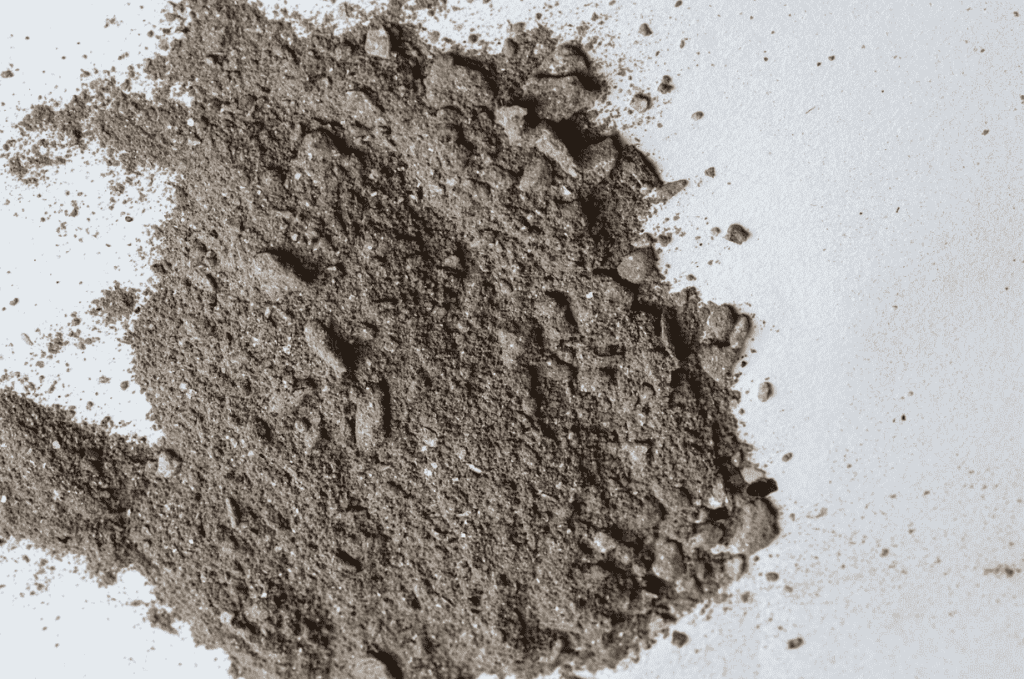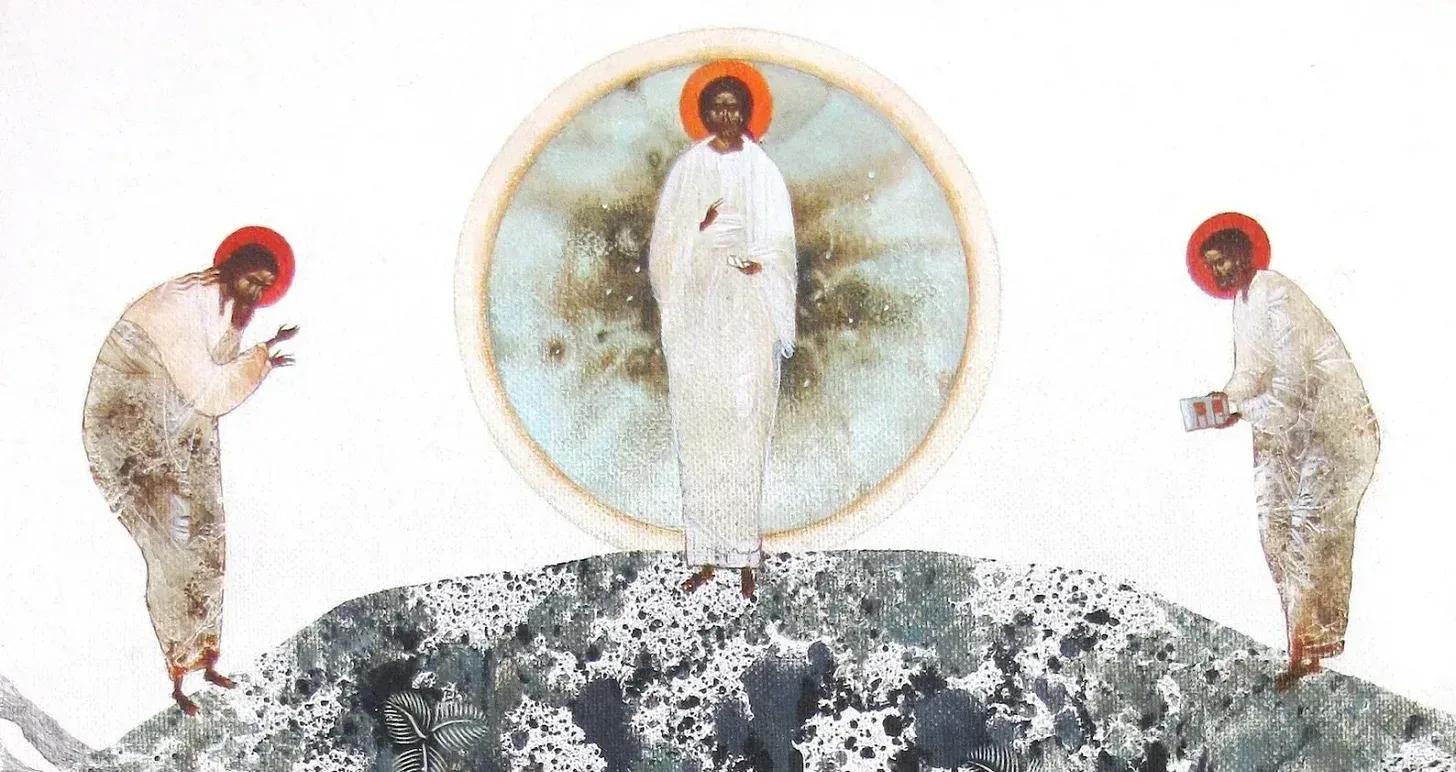Twelfth Sunday after Pentecost,Year B, August 11, 2024
There is a running joke in our house
about drinking enough water.
Zion or Jennifer will describe to me
some besetting affliction,
a grievous malady of body and spirit;
a general state of malaise,
heaviness in the limbs,
sore muscles,
fluttering heart,
a terrible sense of cold creeping in from the extremities.
Each is convinced that this is the end.
And then I will ask,
“What have you had to drink today?”
Neither take this question particularly well.
Jennifer has said,
“I swear,
I could say,
‘I think I broke my leg!’
and you’d ask me what I had to drink today.”
I’m more of a solutions-oriented kinda guy,
triage, diagnosis, treatment
and they’re more of the I-just-need-you-to-listen-to-me type.
If these symptoms sound familiar,
some sources say that as many as 75% of adults
are chronically dehydrated.
The National Institutes of Health point out
that while this number is hard to substantiate scientifically,
in a clinical setting it has been observed
that 17-28% of older adults suffer from severe dehydration.
Meanwhile,
CocaCola reported $27.2 billion in profits last year,
and Pepsi, $50.1 billion.
That’s a lot of soda.
The waste from those bottles, cans, and cups
is clogging waterways,
stuffing landfills,
and causing a lot of problems
for life on earth.
And despite all that liquid consumed,
folks are still dehydrated,
sugared up,
tweaking on caffeine,
and thirsting to death.
Hunger and thirst
are a normal part of life.
In a society with so many options,
we tend to opt for food and drink
that are enjoyable,
but often leave us malnourished
and thirsty.
We grab a quick snack,
a prepackaged, drive-thru, convenience food
and we are starving again in 2 hours,
looking for the next “Big Gulp,”
2-for1, value meal,
exhausted from the search for our hourly bread.
In our first reading,
Elijah is exhausted.
He collapses under a tree
and hopes to die,
prays that God will kill him.
He wants that quick way out.
Instead,
God lets him sleep.
An angel wakes him up and says,
"Here is some bread and water.”
Elijah goes back to sleep,
and again the angel wakes him up
and gives him bread and water
to strengthen him for the journey ahead.
When Jesus has fed 5000 people in John’s Gospel
they come and find him.
They want to make him king,
that is, they want him to do this trick again,
everyday,
so they won’t have to worry about feeding themselves anymore.
But Jesus says
that he is the bread they’re really looking for,
that he came down from heaven like manna,
and that anyone who eats of this bread will never be hungry,
but will live forever.
What Elijah and these Judeans have in common—
and for that matter, all us Coke and Pepsi drinkers too—
is that what we crave
is rarely ever what satisfies.
A craving is an appetite,
some gnawing void hoping to occupy itself
with just a little more this time than last time,
because last time didn’t do the trick.
We don’t want water,
we want grapefruit scented sparkling water,
we want an ice-cold glass bottle of cola,
a celebrity-endorsed sports drink with a squirt top,
an iced-coffee order as complicated as tax law,
and another in 20 minutes, please.
We don’t want to labor and trust for our daily bread,
we want it now
and tomorrow’s too,
pre-sliced and buttered,
toasted on the side of a charcuterie board,
packed up for us in brown paper with a love note,
and guaranteed for all the years to come.
A craving is fleeting and easily addressed.
Hunger seems scarier to us,
longer,
deeper,
more dangerous.
I can distract a craving with almost any shiny object.
But hunger?
Hunger might just consume me.
But maybe we soda and junk food lovers—
and Elijah and the Judeans—
got that backwards.
Hunger can be satisfied simply,
because hungry is just grateful to be fed.
Cravings will consume us in the end,
because the void can never be filled.
God heard Elijah’s exhausted prayer
and understood his body’s need for rest and nourishment
and his heart’s need for some compassionate care.
Jesus heard the Judean’s concerns and complaints,
and offered not some fleeting bread and circus—
as the Romans offered—
but freedom from a life of distracted craving,
true satisfaction,
AND their daily bread.
Like the Israelites in the wilderness,
like Elijah beneath the tree,
like the 5000 on the hillside,
God cares for us, body and soul,
and wants to satisfy our deepest hunger
in God’s very self.
God gives us this meal for our journey.
Christ’s flesh and blood for the life of the world.
If you come here craving escape
or some spectacle,
you will be disappointed.
If you come here hungry for the bread of life,
you will eat and drink
and be satisfied,
in body and soul.
So,
from what have you run here?
Have you come here like Elijah,
exhausted and ready to give up?
Then rest here,
and Christ will raise you up.
God cares for you,
Christ has given himself for you,
here is bread and wine for you;
strengthen yourself for the journey.
Are those around us exhausted and ready to give up?
Then let us be imitators of God,
living in love,
as Christ loved us and gave himself up for us.
In the future,
as Jennifer and Zion describe to me
their largely self-imposed Dickensian plight,
I’ll try to listen for that deeper hunger,
that need to know that they are loved
and their pain matters.
But I might make them a snack and a drink
while I listen.
Amen.










